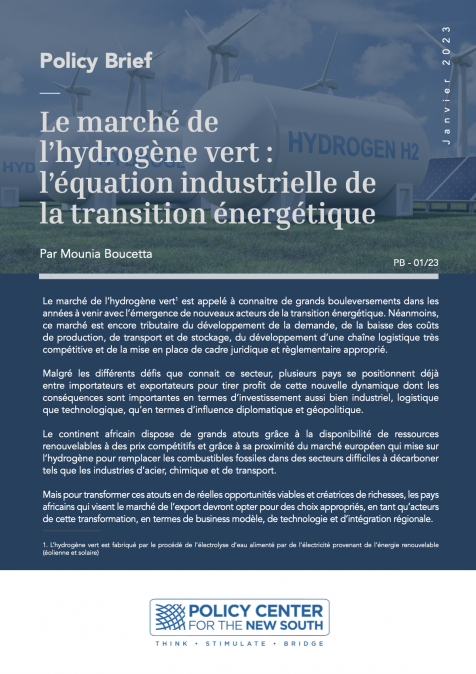Publications /
Policy Brief
Dealing with the dynamics of commodity prices requires the characterization of three phenomena to which they are subject: (very) long-term trends, medium / long-term cycles and short-term variability / volatility (Jacks, 2013). As they strongly infuence the economies of exporting countries, each of these phenomena calls for the implementation of specifc strategies, particularly in terms of public policies. Thus, whereas volatility raises the question of availability of hedging tools and fnancial techniques for their effective use, commodity prices cyclicality calls for the defnition of stabilization policies aimed, in particular, at ensuring the continuity of fscal policy. The question of long-term trends followed by commodities, taken separately or as a whole, is probably even more fundamental. Largely referring to the Prebisch-Singer hypothesis formulated in the 1950s, it raises the question of the relevance of sectoral specialization in commodities and, consequently, queries possible means to diversify the economies of commodity producing countries. Noting the importance of the scientifc work conducted on this hypothesis, this policy brief frst recalls its theoretical and ideological foundations and subsequently briefy highlights the conclusions of the main empirical work related to it. Lastly, we identify the questions these works raise and propose some lines of research, which, we hope, will make a useful contribution to the public debate on the specialization of commodity exporting economies.










